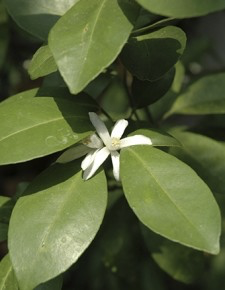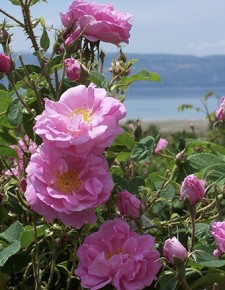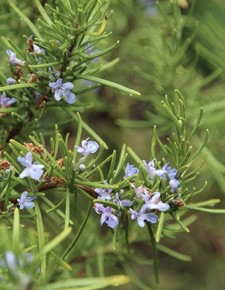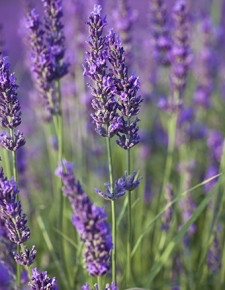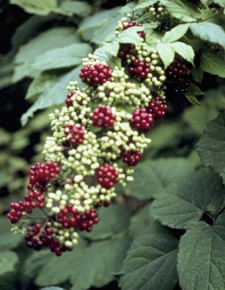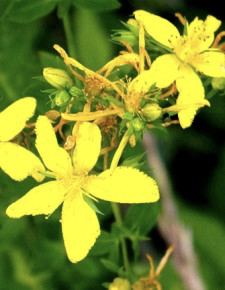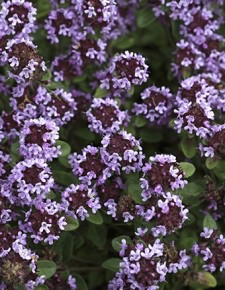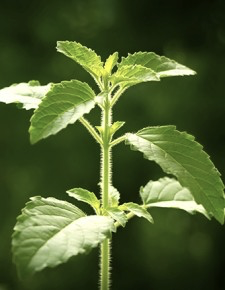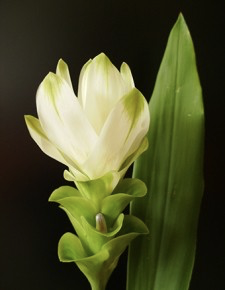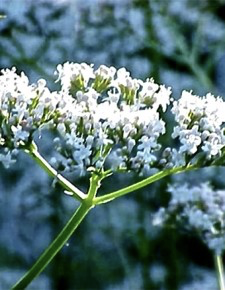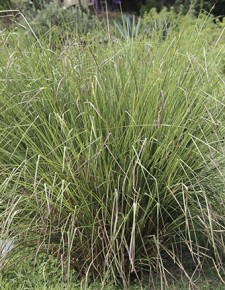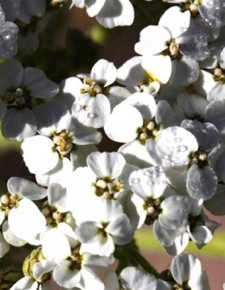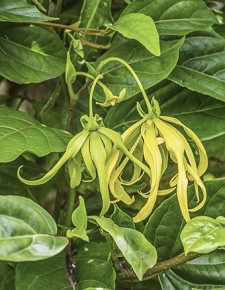What Finally Are Essential Oils?
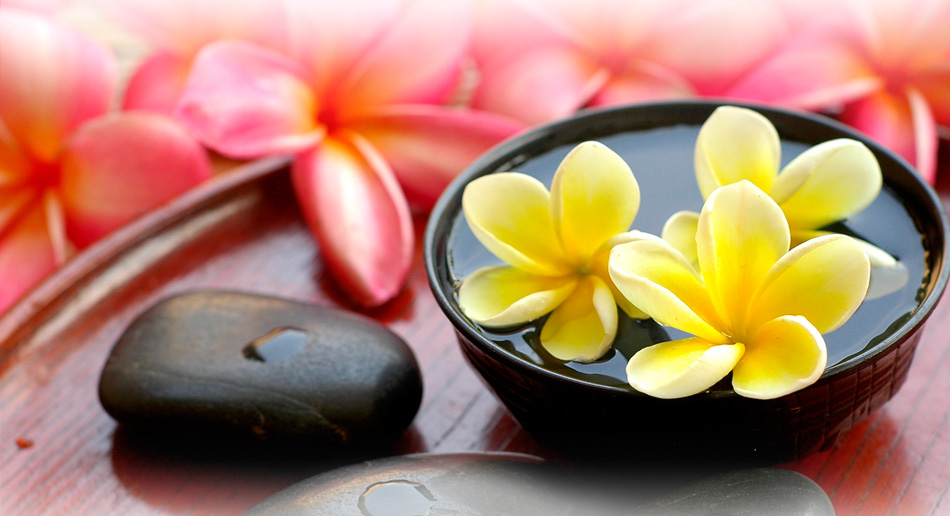
What are essential oils anyway?
They are the concentrated, aromatic liquids that are extracted from a variety of plants and their various parts (trees, seeds, shrubs, flowers, and roots) through a distillation process.
The plants use these oils to grow and adapt to their environment and they are also important in protecting the plant from insects and harsh conditions. When processed correctly, these oils retain their helpful properties. Essential oils are complex with many different chemical constituents. Unlike vegetable oils which oxidize and turn rancid, pure essential oils will not ‘go bad’, as long as they are stored correctly.
Essential Oil Constituents
There are a variety of factors and variables that can affect the quality of oils but pure essential oils will include some basic natural properties & compounds (things like terpenes, alcohols, esters, ketones, and phenols). Each essential oil can have between 200-500 different constituents, giving them many diverse uses. All of these constituents serve their plants in a variety of ways and, if distilled properly, will be preserved in the oils, where they can provide support for health and wellness.
The molecular structure of the oils gives them the ability to penetrate cells and travel through blood and tissue. The provide support for the body in many ways – immune system support, restful sleep, or soothing daily aches and pains. When they are applied topically to the feet, they can travel through the body in just a few minutes. The really are powerful!
Essential oils are the highly concentrated version of the natural oils in plants.
Getting essential oils from plants is done with a process called distillation, most commonly distillation by steam or water, where many parts of the plants are being used, including the plant roots, leaves, stems, flowers, or bark.
After distillation, the outcome is a highly concentrated portion of essential oil, which will have the characteristic fragrance and properties of the plant from which it was extracted, and contain the true essence of the plant it came from. This includes the smell, but also the plant’s healing properties and other plant characteristics.
You can see how this highly potent extract of a plant or herb can be extremely useful for many purposes.
Do essential oils have therapeutic benefits?
Essential oils have been used throughout history in many cultures for their medicinal and therapeutic benefits.
While the oils are still in the plant, they provide the plants with protection against predators and disease, and also play a role in plant pollination. As these properties carry forward into the essential oils, folk medicine since ancient times has made use of essential oils in medicinal practices.
This knowledge is also still widely used today. Modern scientific studies and trends lean again towards more holistic approaches to wellness and a revival of essential oils for physical and psychological health and well-being applications.
The most common therapeutic application of essential oils is that of aromatherapy, where healing effects are achieved through the aromas of the essential oils. Many essential oils are believed to have an uplifting effect on the human’s mind; and many essential oils also have antiseptic properties, which means they reduce the possibility of infection when applied directly to the human skin.
Three favourites of essential oils for therapeutic benefits have been identified as:
- Lavender – helps to alleviate stress, irritability mental fatigue, panic attacks and calms emotions, eases feelings of self-doubt, but it is also good for bruises and stretch marks.
- Peppermint – helps with nausea, vertigo, and exhaustion and also good for head/neck tension.
- Frankincense – used for immune system stimulation and to help with coughing difficulty breathing, and seasonal threats.
This little example list is by no means exhaustive and the therapeutic uses and applications for essential oils go on and on, which is well beyond the scope of this initial introduction.
Are essential oils the same as fragrances?
Essential oils are not the same as perfume or fragrance oils. Perfume oils are artificially created while essential oils are a product of nature.
Fragrances are made to mimic an otherwise natural smell (such as “spring rain” fragrances). Of course, the synthetically created fragrance products do not offer the therapeutic benefits that essential oils offer.
However, fragrance oils do have their place and applications. They are widely available and quite inexpensive to obtain, and are commonly used in soap making, candle making, or perfumes and cosmetics.
Should I get pure essential oils or an essential oil blend?
Essential oils can be purchased in their pure versions, or as a blend of several essential oils. Pure essential oils are best chosen if you are after a specific aroma or health benefit of that particular plant. Almost all popular essential oils are available in their pure versions.
Essential oil blends are great because they have been specifically designed to achieve a certain purpose, such as “Serenity”, “Joy”, or “Breathe”.
Purchasing a blend can also save you from having to buy every essential oil in that blend individually, plus then also learn how to blend essential oils together.
The disadvantage of oil blends though, is that you have no control of what goes into that exact blend. You may not like a certain sub-note or smell that has been used within that blend, but you may still like to achieve its end effect.
You also cannot use a pre-made essential oil blend to reliably further mix it with other oils.
Therefore, most essential oil starter kits come with a selection of pure essential oils along with a few ready-made essential oil blends to get you started and trying out what works best for you.

